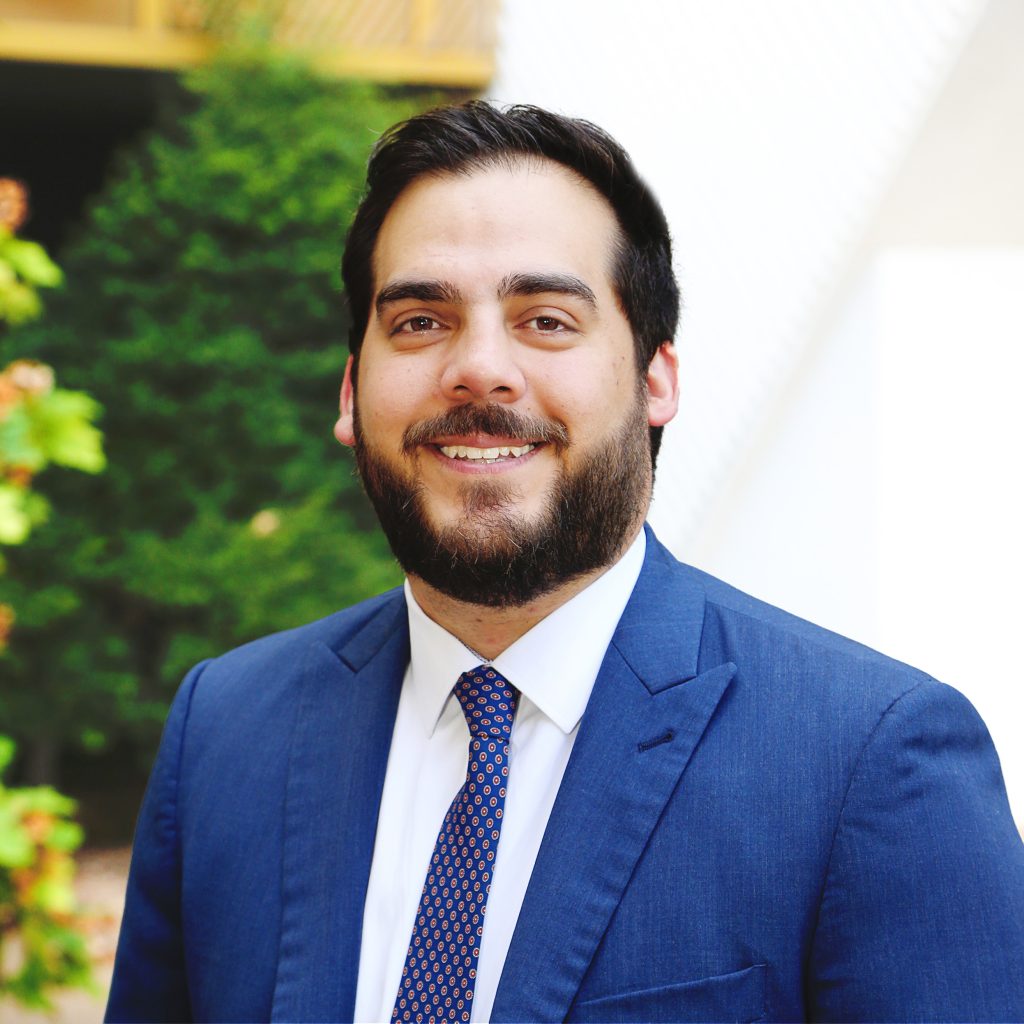Transform Your Health: The Path to Bariatric Surgery with Surgical Associates
In the United States, the battle against morbid obesity is more critical than ever. With projections suggesting that half of the U.S. population could be affected by obesity by 2030, the need for effective, long-term solutions is undeniable. Morbid obesity, characterized by a Body Mass Index (BMI) over 40, or a BMI of 35 with associated co-morbidities, lays the groundwork for a myriad of health issues, including diabetes, hypertension, obstructive sleep apnea, hyperlipidemia, joint problems, and more. At Surgical Associates, we offer a beacon of hope: bariatric surgery, a transformative procedure designed to help you achieve and maintain a healthier weight and lifestyle.
What We Do
Bariatric surgery is not merely a procedure; it’s a pivotal step towards a new life. Our team, designed and trained in accordance with the National Institutes of Health standards, specializes in state-of-the-art bariatric care. By modifying your digestive system, bariatric surgery allows for sustained weight loss, fundamentally changing how your body processes food and nutrients.
Embarking on a Healthier Future: Inside the Journey of Bariatric Surgery with Expert Surgeons
The Journey to Transformation
Embarking on the journey of bariatric surgery involves several key stages, each critical to ensuring the best outcomes for your health:
- Initial Consultation: Your journey begins with a comprehensive evaluation to discuss your health, goals, and the suitability of bariatric surgery.
- Pre-Surgical Education: We provide detailed insights into the process, preparing you for the journey ahead.
- The Surgery: Utilizing the latest in surgical techniques, we perform the procedure with precision and care, tailored to your specific needs.
- Post-Operative Care: Recovery and adaptation to your new lifestyle are supported through meticulous follow-up care.
- Lifelong Support: Our commitment extends beyond surgery, offering continuous support, including nutrition counseling and support groups, to ensure lasting success.
The Impact on Your Health
The benefits of bariatric surgery extend far beyond weight loss. Patients often experience significant improvements in co-morbid conditions, leading to a decreased need for medications and a dramatically improved quality of life. Statistics reveal remarkable outcomes: a substantial number of patients report improved control over conditions such as diabetes and hypertension, and a vast improvement in mobility and overall health.
Your Guide to a Healthier Future
At Surgical Associates, your journey is supported every step of the way. From the moment you decide to take control of your health, through the transformative process of bariatric surgery, and into the lifelong journey of maintaining your health, we are with you. Our comprehensive program ensures you have the tools, knowledge, and support to achieve and sustain your health goals.
This transformative journey is not just about losing weight; it’s about gaining a new perspective on life, health, and happiness. Let us be your guides to a healthier, more vibrant future.


